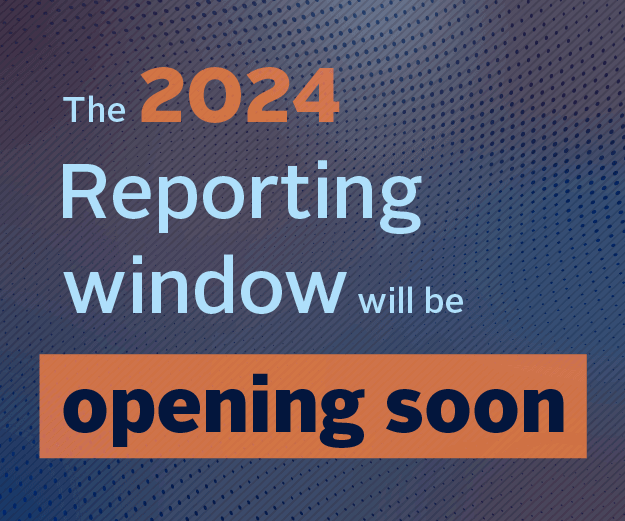Engagement is integral to responsible investment in all asset classes, and for sovereign bondholders this should not be an exception.
It comes with challenges though. In particular, the terms active ownership and stewardship – at the core of Principle 2 of the six Principles for Responsible Investment and typically associated with equity investing – are not particularly appropriate in a sovereign debt context, as investor engagement can be misinterpreted as lobbying, advocacy or an attempt to interfere in governments’ policy choices.
However, bondholders engage to make more informed investment decisions. Indeed, many already regularly engage with government representatives and other country authorities to gain insight, primarily around fiscal and monetary policies, both key for pricing bonds.
Conversations specifically around ESG topics are limited though, as is tracking of how countries fare on sustainability pledges.
This can change. Investors can use the meetings they already have with sovereign officials to point out which ESG information they deem important for their analysis, to encourage ESG data transparency and disclosure and to convey expectations.
Furthermore, investors can use engagement more effectively, to go beyond risk-return considerations. As stewards of savers’ money, responsible sovereign bondholders have a fiduciary duty not only to yield returns for their beneficiaries but to pursue them by promoting sustainable economic, societal and environmental outcomes.
To this end, this report highlights existing market practices and differences between corporate and sovereign bondholder engagement. Furthermore, practitioners’ evidence shows how existing communication channels and opportunities can be leveraged to stimulate conversations around ESG topics through a multi-pronged process, which can be mutually beneficial for sovereigns and investors. It also describes common misconceptions which act as barriers to engagement, and how these can be overcome, including through collaborative initiatives that could increase impact.
Framing engagement around ESG disclosure and making progress towards existing policy commitments, such as the Sustainable Development Goals (SDGs) or the Paris Agreement, is a natural and non-controversial starting point for discussions with issuers. Moreover, although ESG risks may be easier to identify in emerging markets (as several examples in this report indicate), the fact that many developed sovereign bond markets are more liquid or have better credit quality should not prevent investors from adopting an “engagement mindset” and interacting with them on ESG topics too.
A sizeable amount of public debt in several large sovereign markets is held by domestic and foreign central banks, due to either quantitative easing or for reserve and liquidity management purposes. However, the COVID-19 crisis has increased countries’ public financing needs, presenting institutional investors, as funding providers, with a unique opportunity to engage with sovereigns on delivering sustainable recovery plans.
This report is a stepping stone to future work: it should encourage investors to have more explicit conversations with sovereigns, so that countries’ sustainability commitments do not merely remain statements of intent. Furthermore, it should help ensure that countries’ progress (or lack thereof) is better reflected in bond valuations. It is useful for sovereigns to better understand the increasing ESG appetite of investors. Finally, it should promote discussions between investors, sovereign issuers and other stakeholders, including through events that the PRI intends to organise, to facilitate the funding of more sustainable growth models.
Downloads
ESG engagement for sovereign debt investors
PDF, Size 8.16 mb














